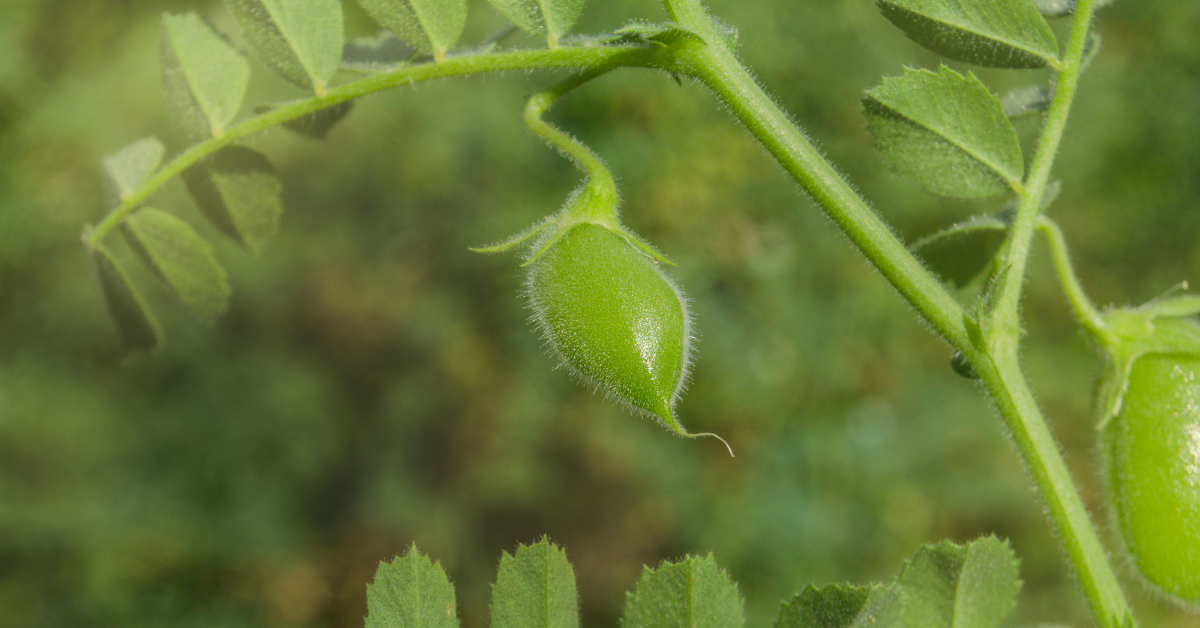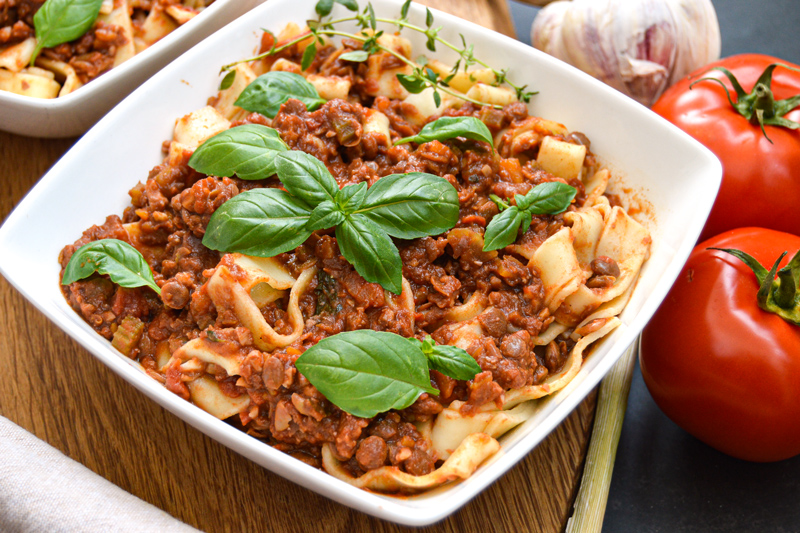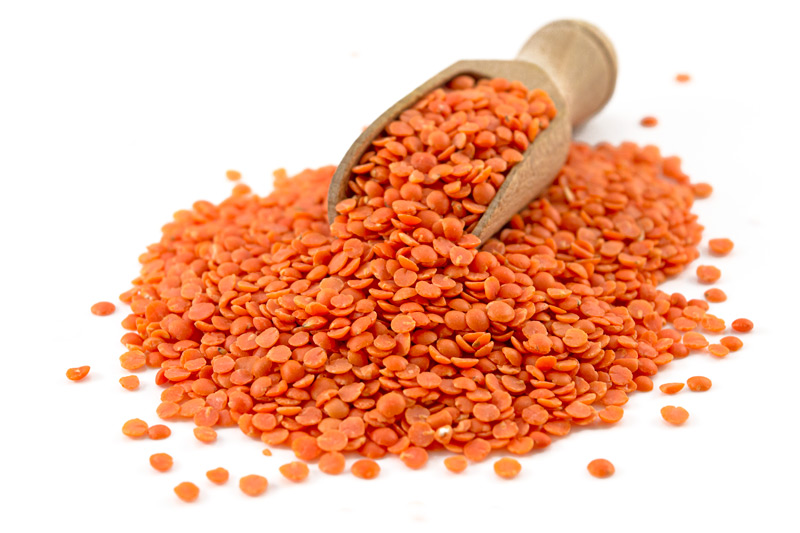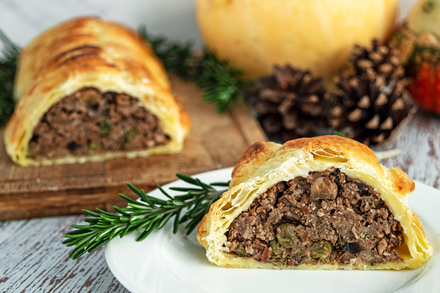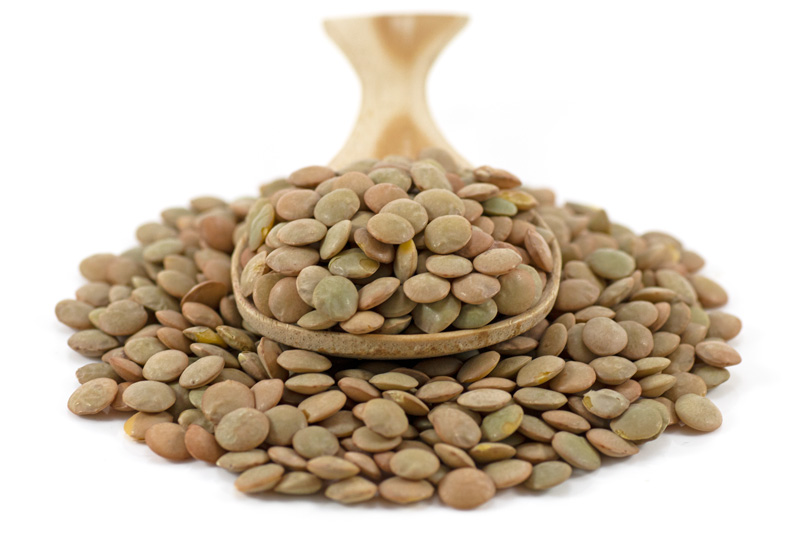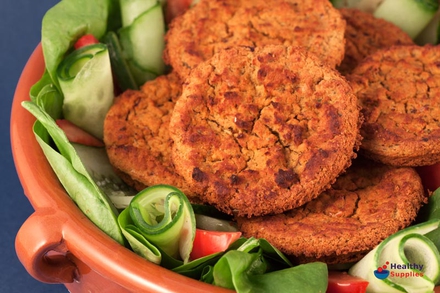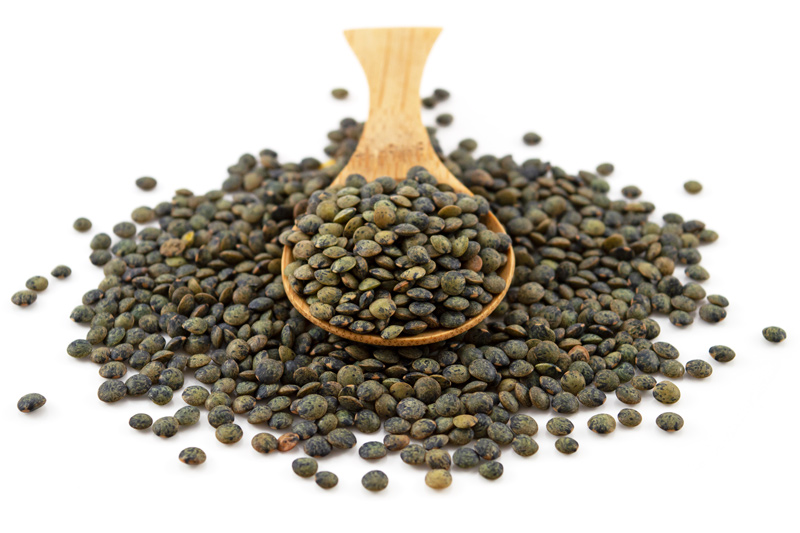The Health Benefits of Lentils
Lentils have long been one of the superstars of the health food revolution – they’re versatile, easy to cook and brilliantly filling. They’re cheap and plentiful too, with a low carbon footprint, and there’s an awesome range of health benefits to be gained by eating this wonderful legume.
There’s evidence that lentils have been eaten by human for at least 10,000 years, and there are hundreds of varieties in existence. They remain a staple food today in large parts of the world, especially India, where red split lentils are commonly made into a tasty, spicy stew called dahl. The other main types used around the world are brown lentils, black lentils (also called Beluga lentils), green lentils and Puy lentils (also known as French lentils).
But why exactly should we be eating more of these delightful little things? Let’s take a closer look….
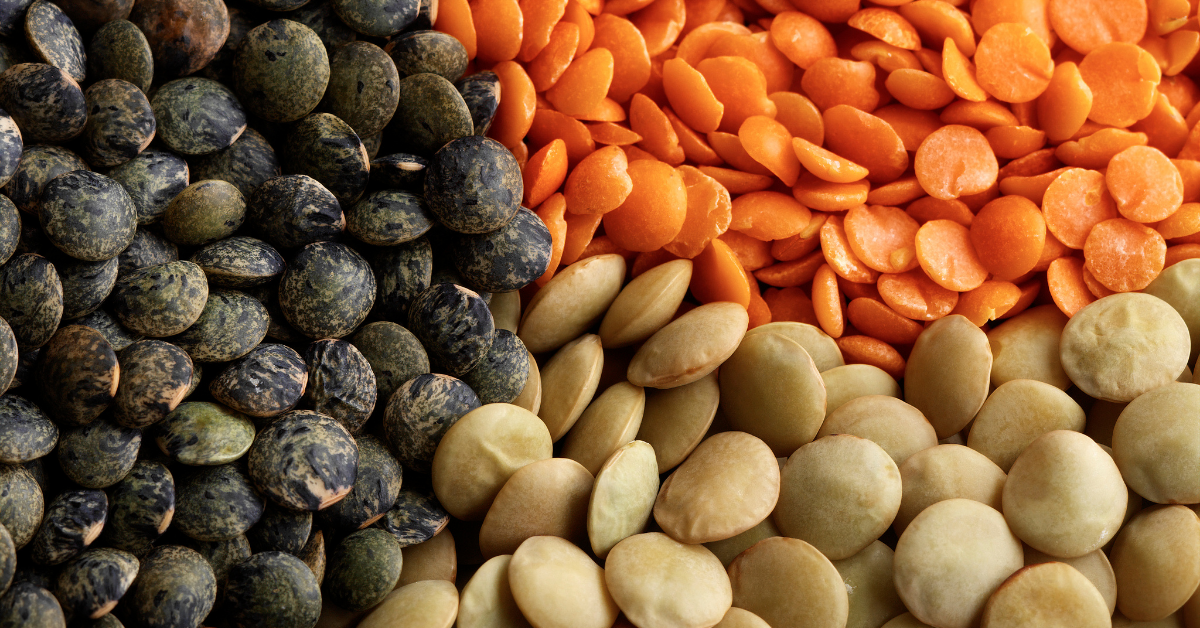
Lentils contain around 9% protein, which is slightly more than the level found in beans. They count as the main protein source for a large section of the world’s population, notably in the largely vegetarian states of India like Punjab and Rajasthan. They’re not a complete protein, meaning they don’t contain all nine amino acids essential for life, but they’re often eaten paired with a grain like rice, which makes a great, nutritious vegan-friendly meal which does offer all nine essential amino acids.
Lentils are around 8% fibre, and this accounts for both the soluble type, which regulates blood sugar and reduces the risk of heart disease, and the insoluble type, which encourages regularity and ensures we have healthy digestion. Their fibre content means they move more slowly through the digestive system, and they have a remarkable ability to keep us feeling fuller for longer. Not only that – in an amazing clinical trial whose results were published in the Journal of Gastroenterology in 1992, it was proved by scientists that when lentils were eaten as a meal, they actually slowed the rate at which the next meal moved through our gut, meaning whatever we ate for that second meal also kept us feeling fuller for longer.[1]
Lentils show higher antioxidant capacities than other pulses such as peas, chickpeas and soybeans. A scientific report published in 2017 concluded their superb antioxidant capacity meant they can perform an exceptionally cheap way to protect against various diseases such as diabetes, obesity, heart disease and cancer.[2] In 2014, research scientists pitted ten commonly-eaten pulses against each other in a series of clinical trials, and concluded that lentils demonstrated the highest total antioxidant activity of all of them.[3]
A superb source of amazing nutrients
Lentils are stuffed with vitamin B1 (thiamin), which enables us to use the carbohydrates we eat as energy. They’re also a valuable source of vitamin B3 (niacin), which is invaluable for our brain, skin, joints and cholesterol levels. It also contains vitamin B6, which is wonderful for our mood. There are high levels of vitamin B9 (folate), which aids with growth and the formation of blood cells, making them an excellent food for pregnant women and athletes alike. There’s a stunning array of essential minerals too, including iron, manganese, magnesium, potassium, zinc, phosphorous and copper. Lentils are also full of flavonoids, hugely beneficial plant pigmnents which have antioxidant effects, brilliant for preventing chronic disease. One of these is luteolin, a yellow-coloured phytochemical which has a stunning effect as a pharmacological agent for the treatment and management of age-related neurodegenerative disorders such as Alzheimer’s and Parkinson’s disease.[4]
A powerful fighter against chronic disease
The Journal of Food Science reported that due to their antioxidant levels, lentils (along with black beans and kidney beans) were fantastic at preventing the oxidative damage wreaked by LDL (‘bad’) cholesterol, and because of this, had superb potential at preventing heart disease.[5] Lentils also contain something called BBI (Bowman-Birk inhibitor), a type of protease inhibitor, which many studies have reported has a preventative effect against prostate, breast and colon cancers.[6] Many clinical trials have demonstrated that consuming legumes such as lentils is extremely effective at reducing HbA1c (fasting blood sugar) scores in patients with diabetes – one in 2012 found that it reduced blood sugar and the associated risk factors far more efficiently than consuming high-fibre wheat grain.[7]
If you’re trying to lose weight, the fact that lentils are low in fat but high in fibre gives you a brilliant double-whammy reason why you should be making them part of your diet. They are one of the champions of the food world when it comes to filling you up and reducing your pesky food cravings, and their record at slowing the rate your stomach empties is a valuable weapon for weight watchers. When you consider this effect extends to subsequent meals, whatever they contain, anyone wanting to shed a few inches from their waistline really needs to start embracing this tasty, simple, quick-to-prepare wonder food as soon as possible!
Maybe you’re embarking on a weight loss plan and want food that’ll make you feel fuller for longer – or perhaps you’re a foodie planning to make a splendid dahl or a tasty Mediterranean Puy lentil stew. Or possibly you just fancy scooping up your hummus with some of these delicious organic lentil chips! Whatever your lentil requirements, come and have a look at our splendid range (and all our other pulses too) here!
[1]https://www.gastrojournal.org/article/0016-5085(92)90159-V/pdf
[2]https://www.ncbi.nlm.nih.gov/pmc/articles/PMC5713359/
[3]https://pubmed.ncbi.nlm.nih.gov/24444962/
[4]https://pubmed.ncbi.nlm.nih.gov/26361743/
[5]https://onlinelibrary.wiley.com/doi/10.1111/j.1750-3841.2007.00464.x
[6]https://www.scielo.br/j/cta/a/Wr5zG8Nm4YVjDdTbZJ6VJxM/?lang=en&format=pdf
[7]https://jamanetwork.com/journals/jamainternalmedicine/fullarticle/1384247

